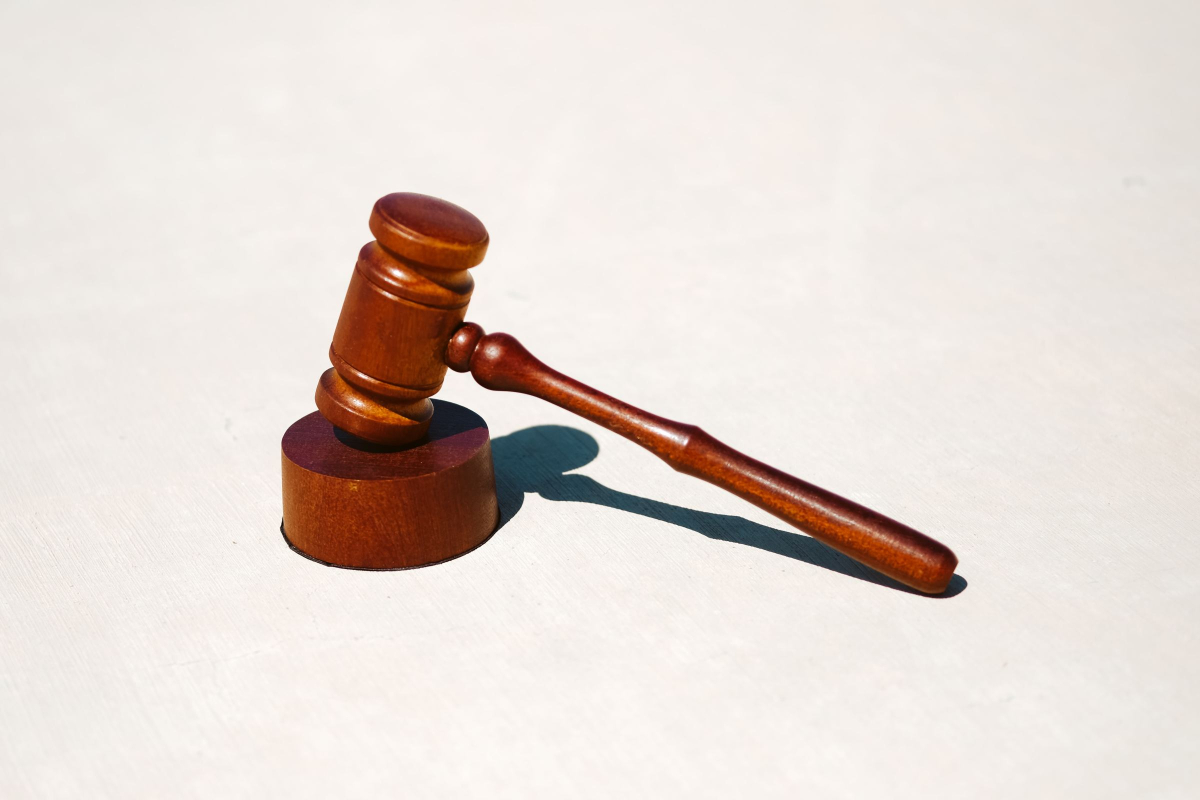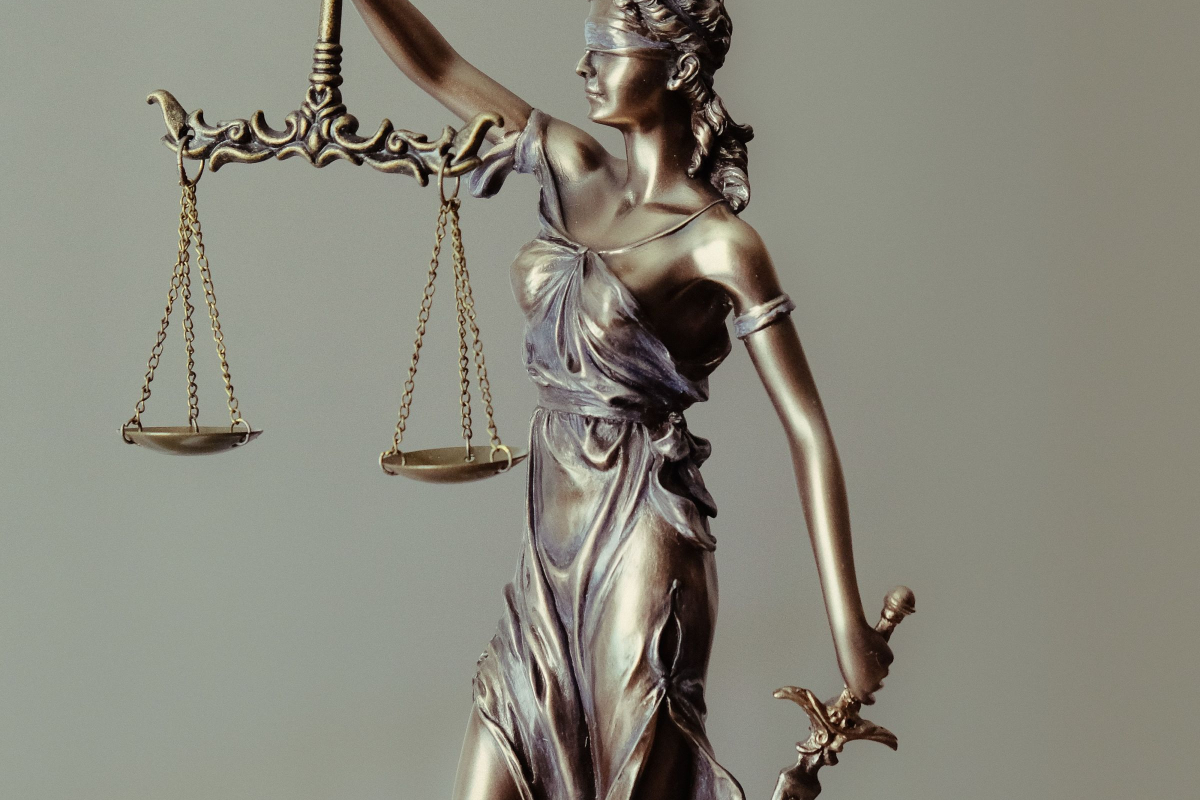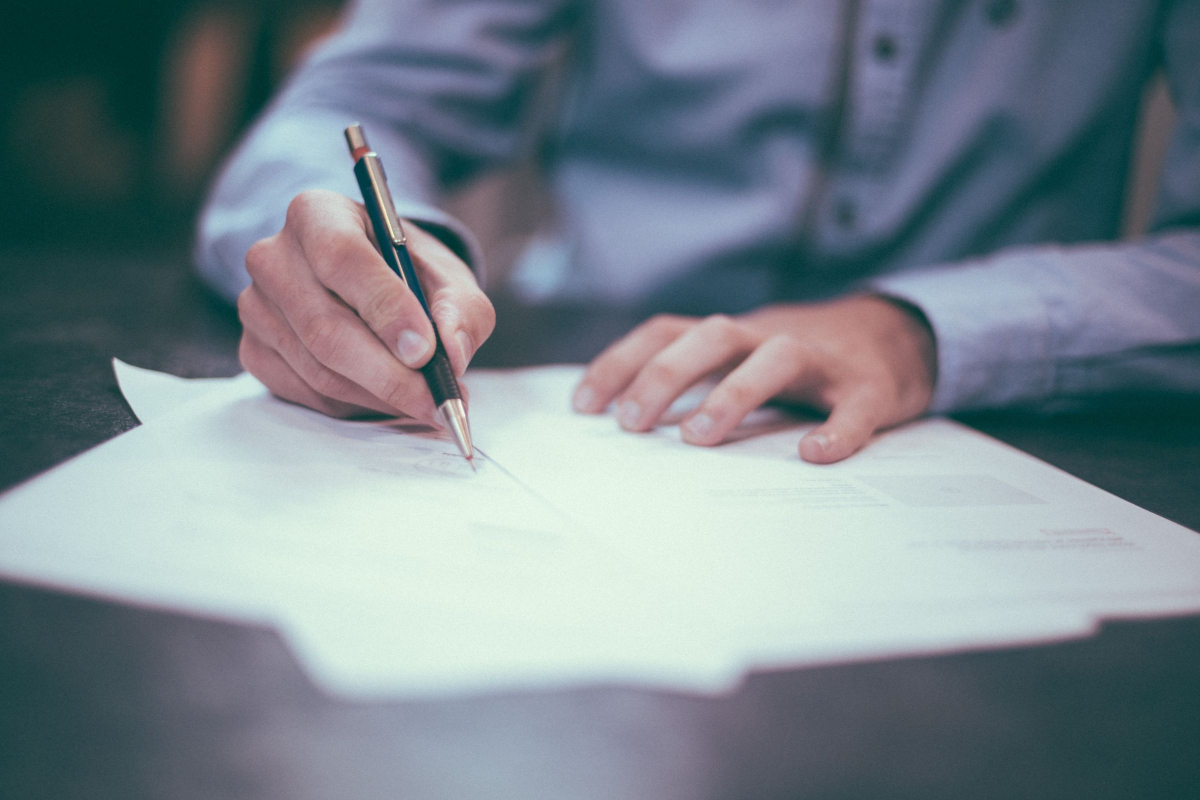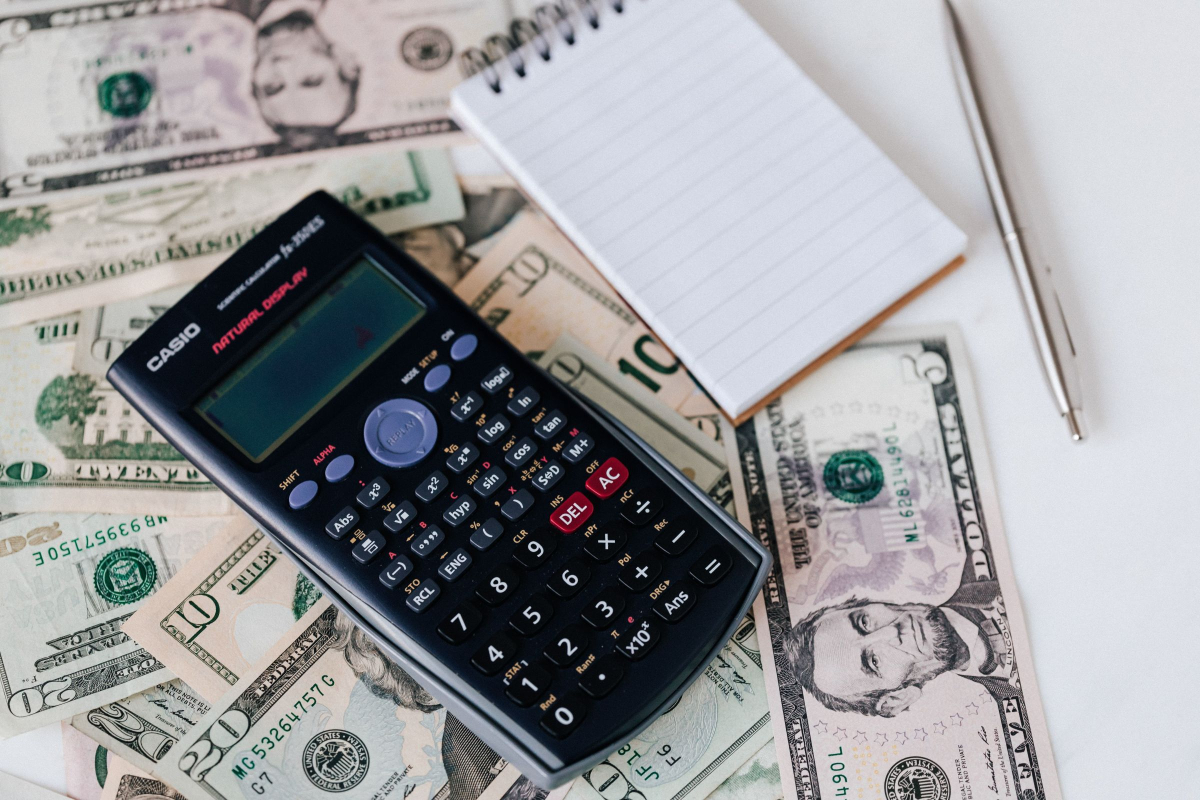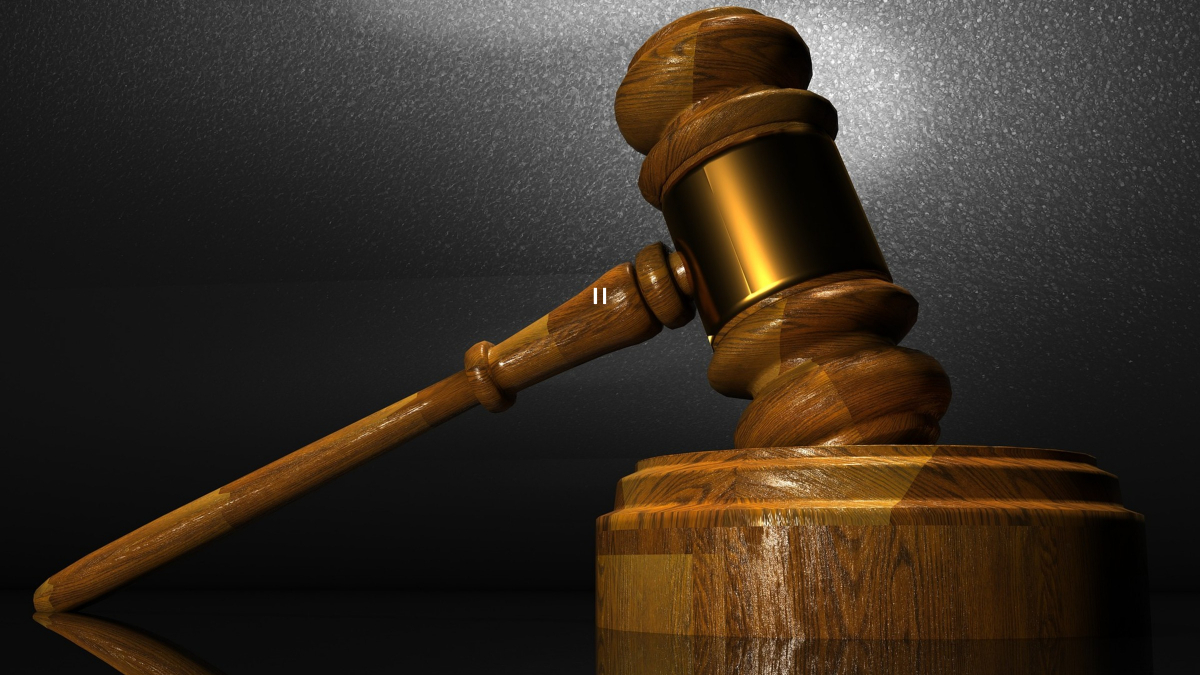Oil spilling from a derailed train in the northwest area of Washington was contained on Wednesday, a day after the derailment. No injuries or wildlife impacts have been reported so far, but there is a containment area blocked off around the crash site; this is to ensure the safety of the public and particularly the on-scene officials responsible for cleaning the site.
An investigation has revealed no causes for the derailment of the BNSF Railway 108-car train that was transporting Bakken crude oil. As it derailed, it sparked a fire that resulted in the evacuation of areas throughout Custer, and parts of Interstate 5 were also shut down.
The extent of the damage caused by the accident caught the attention of the FBI as well as state ecology responders. The railway’s contractors were expected to safely remove all railcars from the site within 24 to 48 hours. They were expected to do the same with any oil found in any of the tanker cars.
It will likely take complete cleanup of the site several months or longer. However, according to state ecology experts, there has yet to be any oil found in the waterways. Investigations of the site also show no harmful levels of pollutants in the air.
Information released to the public shows there was a total of seven tank cars that derailed on December 22, 2020 during the morning time crash, with two of them igniting about 11:40 a.m. The oil tank cars (DOT-117Rs involved in the crash were recently retrofitted to comply with updated federal safety standards. All oil found in these older-style tank cars was removed and then scheduled for delivery to its final destination.
Many officials connected to the situation gave much praise for the recent simulated training sessions in emergency management that took place in Custer. It is believed that the site was contained as much as it was because of this training and the preparation that it gave for such an event.
To ensure the safety and health of citizens and workers, the crash site and areas surrounding it will be monitored for the next several months.


